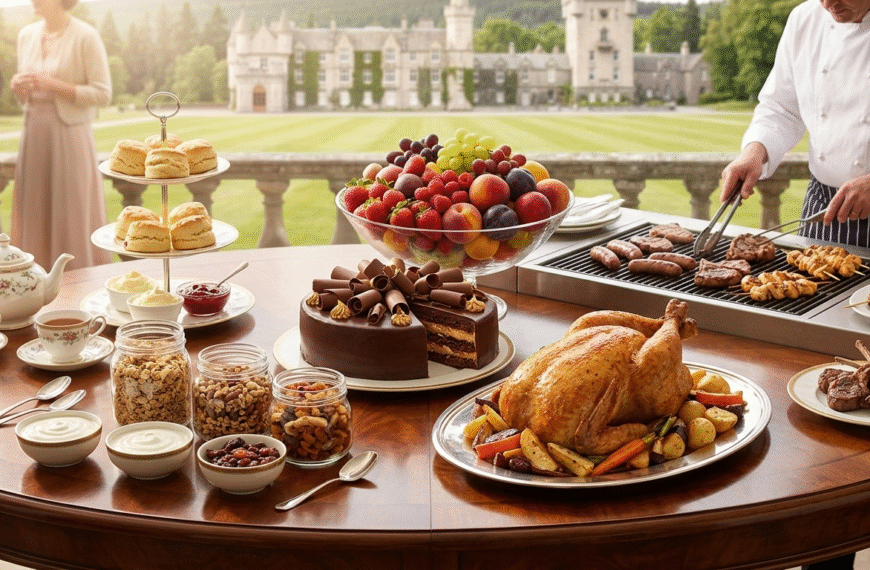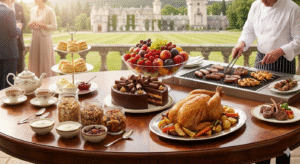A groundbreaking study reveals that children who taste alcohol with their parent’s permission – even just sips – are significantly more likely to develop risky drinking habits in young adulthood. Published in Addictive Behaviors, the research followed 387 adolescents from age 11 into their early 20s, challenging common parental beliefs about introducing alcohol safely.
The study found that 80% of participants had consumed alcohol with parental approval, typically staring around age 12. Shockingly, these teens were more likely to drink excessively, show symptoms of alcohol use disorder, and experience negative consequences like self-injury by ages 18-20. Most concerning? The age when tasting began made no difference – early or late, the risks remained.
These findings contradict the popular parenting strategy of supervised tasting to reduce alcohol curiosity. Instead, researchers suggest it may unintentionally signal parental approval of underage drinking and shape more positive attitudes toward alcohol. The study highlights how family environments serve as children’s first exposure to alcohol, with 30-40% of U.S. children trying alcohol before age 13 with parental consent.
While questions remain about frequency of tasting and individual personality factors, the research delivers a clear warning: that seemingly harmless sip at a family gathering could plant dangerous seeds for future drinking behavior.





















